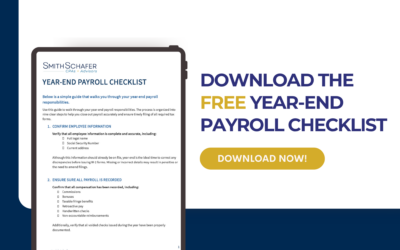The Internal Revenue Service (IRS) finalized guidance regarding business interest expense limitations. Here is an overview of the rules.
Background of business interest expense limitations
The business interest expense limitation was created by the Tax Cuts and Jobs Act (TCJA) of 2017 and subsequently modified by the Coronavirus Aid, Relief, and Economic Security Act (CARES Act) of 2020. The TCJA established that for tax years 2018 and beyond, deductions for business interest expenses are limited to the total of three items:
- Business interest income
- 30% of adjusted taxable income (ATI)
- The interest expense of the taxpayer’s floor plan financing
The CARES Act made two changes: it adjusted item number two to 50% for tax years 2019 and 2020 and made it allowable for taxpayers to calculate their 2020 limit using their 2019 ATI. ,
New IRS Regulations
The IRS regulations offer instructions in four areas:
- Determining the interest expense limitation
- The definition of interest, for the purposes of the limitation
- Who is subject to the limitation
- How the limitation applies in various special cases
The guidance will go into effect 60 days from the date of its publication in the Federal Register, which has yet to be announced.
Additional Proposed Regulations
In addition to the new final guidance, the IRS published other proposed regulations regarding business interest expense deduction limitation issues, including how to allocate interest expense for passthrough entities and more. This proposed guidance’s release opens up a 60-day period for written and electronic comment submission and requests for a public hearing regarding the guidance.
Questions about Business Interest Expense Limitations?
We have over 45 years of experience helping businesses in numerous industries effectively manage taxes and their business. If you would like to learn more about how we can help, contact a Smith Schafer professional.



